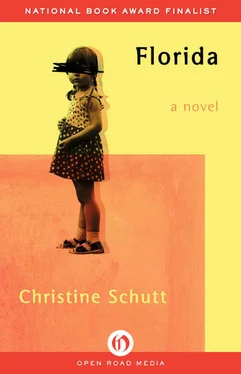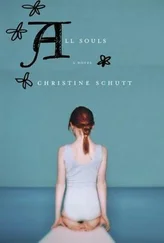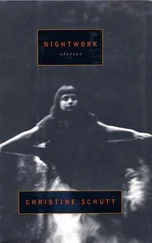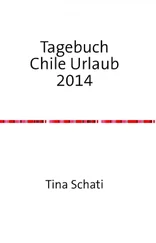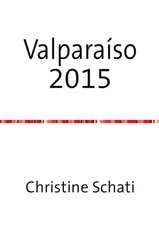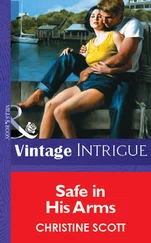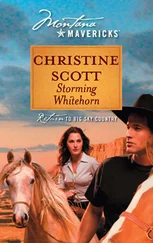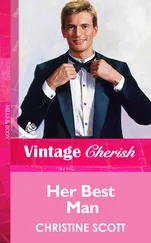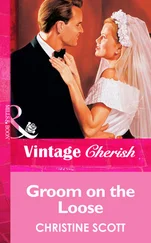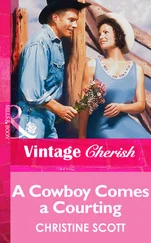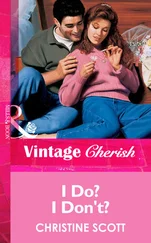I thought of hurtful people. My head was on fire with thinking of them, and I had to remind myself, in the most deliberate way, to think of the kind and forgiving. Mr. Early, Mr. Early, Mr. Early, a teacher in college who went by his initials RWD, another teacher, an absentminded— but brilliant! — woman not to be trusted, and yet I loved her, too. She came to Thursday classes in a pleated skirt, silk, bowtied blouse, pearls; more than once I saw her face was half made-up, one eye scant of mascara. She was off-kilter in such ways. She was a tipsy mischief-maker at the end of the table, a quickly spilled voice, a gossip — dangerous! I wanted her for a mother when she had her best friends already — all famous — yet she said, “If you ever need help …” Did she mean I could ask?
“Yes,” says the lawyer and he hands me a pen.
I can pay — I will pay — if I’ve done the math right it will take me five years. Not so bad.
Stringent and inviolate are words the students should learn; and some lines I ask to be read aloud, or I read them, “‘Believe in heaven. Hope to meet again there.’ What does this say about Jane’s character?” I ask. The students make exasperated faces. Most of them get mad at her or don’t care what she does, if only she would get to it. Make a life in the brisk climes, honest and alone, or travel with your lover undercover in warm places, but in less than forty pages, please! “Yes, yes, yes,” I agree, “and why resist the sea and the comfort of his villa?”
I WAS THE CHIEF — our only —subject after Mother was moved from assisted living, from elevators, meals, activities, pets to the Birdcage, her name. The last home before the last. The Birdcage, as she once called it, the Nursing Home. Home! The word was obscene when attached to the swabbed, two-story, flung-out building with its enormous, linoleum sunroom. There, mid-morning, the half dead were parked in their chairs, and I found Mother asleep.
The nurses said go ahead, go outside, the malls down the road. “She’s best in the late afternoon.”
Awake, Mother made fists and swung stiffly and helplessly at the nurses, saying she could walk, saying Arthur would pick her up, she didn’t belong here, this wasn’t her watch.
“Could you sign this, Mother?” I asked and held out bank business I didn’t understand. I thought of my own damages; I thought to myself — don’t sign! But Mother did.
The handwriting was thin, unfinished: Moth. “Your real name, Mother!” I shouted. “Write that.” But Mother was become the shivery moth of her signature, the bald, breastless mother of the stories she once loved, the ones that told of women wide-open in pursuit. Their shrouds wisped, and the women howled; they traveled with potions and spells.
“May you be so lucky!” Mother had said and said to me. “May you never suffer like this!”
Now she hardly spoke. She could have been Nonna.
I show Mother her brother’s handwriting; I unfold the recipe he sent. The formula to Fivey’s milk punch: 3 quarts of milk, 1 pint of rye or blended whiskey, 3 ounces of dark rum, 7 ounces of brandy, 12 teaspoons of sugar, 1/2 teaspoon of vanilla extract; stir rapidly while mixing to keep the milk from curdling.
When I ask, “Do you remember milk punch?” Mother cries.
Tickets to the desert — I had accepted them from Uncle Billy; only now there was no message from him, no letter from Madeira, no comfortable inheritance to live on — and Mother was dying in a nursing home, expensively and slowly. Mother was hardly moving — straws in all the glasses, Kleenex, pills — the body’s litter, skinflakes large enough to be identified, flew in a dust when the nurse beat her pillows. How many times had I been to the Birdcage? I sat in a small chair near to her bed and said, “I think it’s nice here, Mother, don’t you?” and she made as if to speak and then she didn’t.
Mother was clearly, definitely, finally dying; and I had helped her to it, asking all those summers, “Can I get you more to drink?”
Returned, at school, I write on the board:
“‘I had not the qualities or talents to make my way very well in the world; I should have been continually at fault.’”
Identifications. Give the significance of. The instructions are always the same: “Look at the clock occasionally to see how much time you have left.”
HIS BOOKPLATED BOOKS SHOW my father had affection for bullying poets — hairy, bearish, mad. The poet found naked on the road with arms outspread declaiming Milton and stopping cars, this poet’s books, in hardcover and paperback, and his collected prose and a biography and books of criticism take up an entire shelf. But what did my father think about?
I once knew what my mother thought about; she thought about expensive things and ownership, uselessness, loss. She had talked about the dead and was not afraid of dying because she believed she would join them — her mother and father, and those great-greats unmet. Whenever Mother spoke of her dead — and she once spoke of them often — I saw drifts of sheer hankies brushing against each other and so talking. Mother then had no plans for her body.
“You pick a place, Alice, scatter me. That will be fine,” she had said, “that will be sufficient.”
But I was talking about my father. My father is buried far from the church he attended in the years that he was married. Six. The years seem not so many now. Six years married. Twenty-five years now dead. Dead at thirty-seven, of an accident, a car accident (they said), drowning. A morning storm caught so many cars on their way to work, they said.
“Besides,” they said, “he was a bad driver.”
They said, “Read the papers from the time. His name is there.”
A mean rain runneled over blinded cars stalled along the highway on the day my father died. Spring. He took the old road that ran along the lake and somehow — was it slick or fog? — slipped off the road and onto the lake where the rain-pocked ice gave way on a breath and down went the car and its driver. Minutes was all it took. Eight, nine, ten, my guess. Ten, my age, when age began to matter, and Mother’s terrible Walter said, “You look good enough to eat,” and he licked his lips at me and farted. But my father—
Sometimes it is not the lake but a river that feeds into the lake that drowns him. There is no briefcase in the river, no falling through peated water. “When my father drowns in the river, he is naked. The water carries his body fast.
My father has no body. No spittled lips, no smells. Fished out of the lake or out of the river, my father is washed featureless, sodden and dark I have to fight the impulse to kick him. “You!” I frown — a girl, disgusted—“Why is it always you I am thinking of!”
(My head is on fire like this sometimes.)
HE SAYS WHAT THEY all say, “We tried. It didn’t work.”
He says, “I think I’m only good for the money.”
I grip the briefcase between my legs so that when he pulls, as he is forced to pull, the handle hurts me, but I don’t cry. I say, “Daddy, please,” and I watch him turn away.
My head hurts, and I am running after in my nightgown on the lawn. I’ll do myself damage.
“I will!” I insist, knowing as I do that the use of a knife on a calloused place doesn’t hurt so much, and there is blood enough to scare. “Look!” I stand on one foot with a knife in my hand, shouting after him, “I’ll do it!” But he pays me no attention; he starts the car. He says, “I’ve seen that trick before.”
Читать дальше
